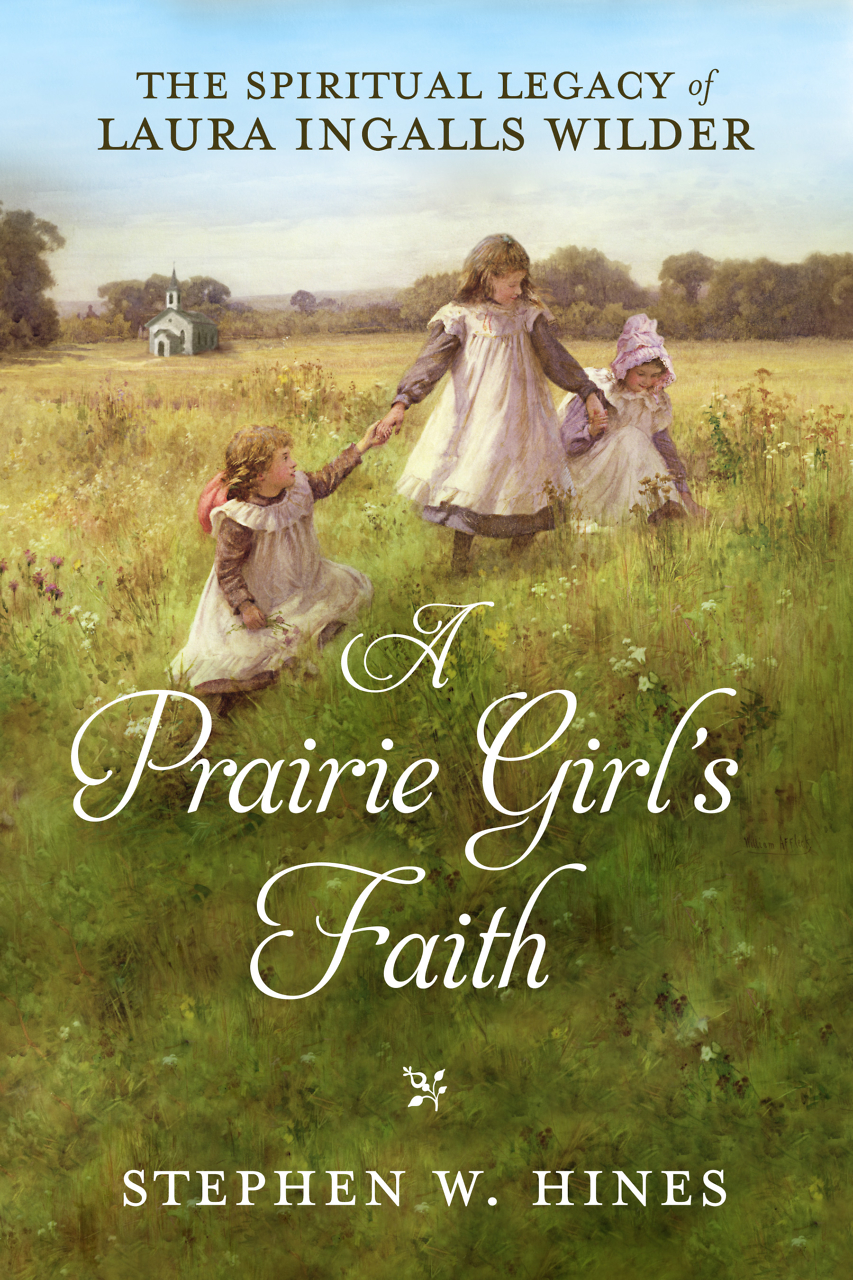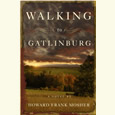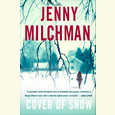Islands of Wonder
The grotesque and the glorious shine in James E. McTeer’s Minnow
In the opening pages of Minnow, the debut novel from South Carolina author James E. McTeer II, young Minnow is listening to a tale told by his slightly older friend, Varn. It’s a scene that mixes childhood wonder with the grotesque:
Shadows lapped across Varn’s scarred face. He had been a baby when he took a tin of boiling grease and tried to drink it like a cup of milk. His top lip was bubbled and shiny, and a raised scar spread from cheek to cheek. Minnow didn’t like looking at the scars, so he watched the fire instead. Varn told a story about the Yemassee Indians running settlers out of Newfort long ago and murdering anyone left behind.
 This reaction to the macabre—attraction and revulsion, and in equal measures—is the core of McTeer’s novel. Set on the barrier islands of South Carolina during the early twentieth century, Minnow is the story of a young boy’s journey to the heart of both darkness and wonder.
This reaction to the macabre—attraction and revulsion, and in equal measures—is the core of McTeer’s novel. Set on the barrier islands of South Carolina during the early twentieth century, Minnow is the story of a young boy’s journey to the heart of both darkness and wonder.
After the opening scene, Minnow returns home to find that his sickly father’s condition has worsened. The boy embarks on what seems like a simple errand—retrieving a prescription for his father—but his quest takes a sinister and fantastic turn when the druggist lacks the needed medicine, and sends Minnow off to consult a local herbalist and conjurer known as “Dr. Crow”:
Minnow held the quarters out in the palm of his hand. “I have this. It’s for the medicine. Please.” He looked at the shelf behind Dr. Crow. The vials and canisters did not look like the ones in Ander’s. Some seemed handmade: leather pouches clasped with snaps, little glass jars pasted with faded brown labels. Cans half-rusted. One had a label of a knight and said “St. John The Conqueror.” Scented tapers, burned stubs, candles cased in tall glasses. Little scaly shapes and lumps of stone sat in lines.
When Minnow asks the herbalist if he has the required ingredients, Dr. Crow nods but adds, “I don’t want your money.” The payment he requires instead is dust from the unmarked grave of Sorry George, a legendary hoodoo man who is buried on one of the Sea Coast Islands, miles from Minnow’s home. With a single-minded determination to save his father’s life, Minnow embarks on a quest that takes him through many unfamiliar and strange environments.
Through it all, McTeer’s prose shines with a brightness driven by the intensity of childhood innocence. Scenes that might seem mundane to an adult narrator become vivid tableaus of wonderment when viewed through Minnow’s eyes, as when he wanders through a rough and tumble fishing port and encounters a woman selling broiled shrimp:
Music floated to him from one of the nearest buildings: a continuous stream from an instrument that sounded like a high-pitched guitar. Something thumped along giving deep rhythm to the song. He couldn’t see inside, but he could smell smoke coming from the crooked pipe that vented the kitchen out to the plain, stinking world. A few men gathered at the door, smoking, and one man talked to a woman around the side. Another woman came walking from around back with a metal platter balanced on her palm.
“Five cents a hand,” she called. “Five cents and fill your stomach.”
As Minnow’s journey progresses, he finds a traveling companion in a stray mutt and encounters a variety of unusual characters—some are friends, and others are foes. McTeer maintains an easily accessible Southern storytelling voice, even as the novel slides further into a world of magic realism—sights and experiences that are easily explained away by adult skepticism, but become real manifestations of the supernatural to the boy. Here he encounters a will-o’-wisp in the marshy shores of one of the Sea Islands:
A pale green orb lifted from near the ground, passing up through tree branches to a height well over his head. It drifted back and forth like a pendulum and then froze in midair. Its edges wisped and spiraled away from the dense core of light. It dipped and then floated away to his right, passing over the bluff, out of sight. The light had barely faded when another orb, this one pale yellow, floated from behind a wide trunk, and then shrank to nothing as it slipped into the underbrush. It rose again and turned in place. Minnow’s heart felt like a shard of ice pressed between his lungs. The thing flickered like a firefly, and when it went solid again a child’s skull hung in the eerie light, patched with skin and tufts of hair on top, slack-jawed and gap-toothed.
Minnow’s quest eventually leads to personal sacrifice and the all-too-real horrors brought on by the fury of nature unleashed, transforming the final portion of the novel into a Boschian landscape of spectacles and horrors. Despite the grand-guignol tapestry McTeer unfurls, Minnow’s indomitable spirit and determination shine throughout this fascinating and beguiling tale, making this a truly impressive and satisfying first novel.

Randy Fox is a freelance writer whose writing on music and pop culture has appeared in Vintage Rock, Record Collector, East Nashvillian, Nashville Scene, Jack Kirby Collector, Hardboiled, and many other publications. He lives in Nashville.


